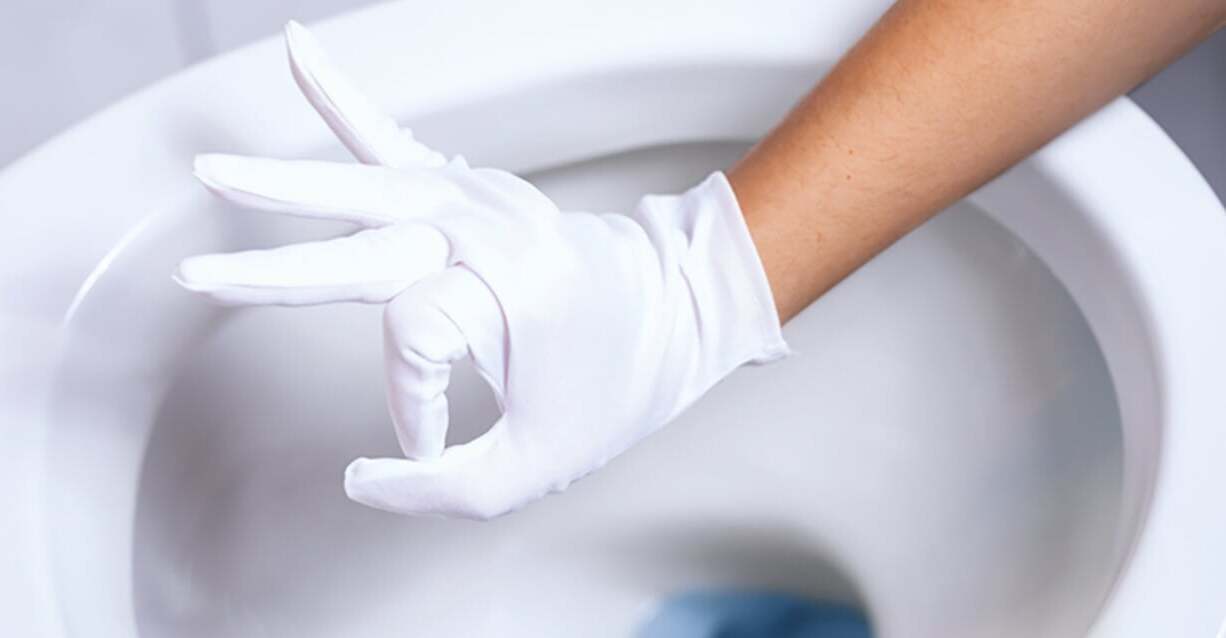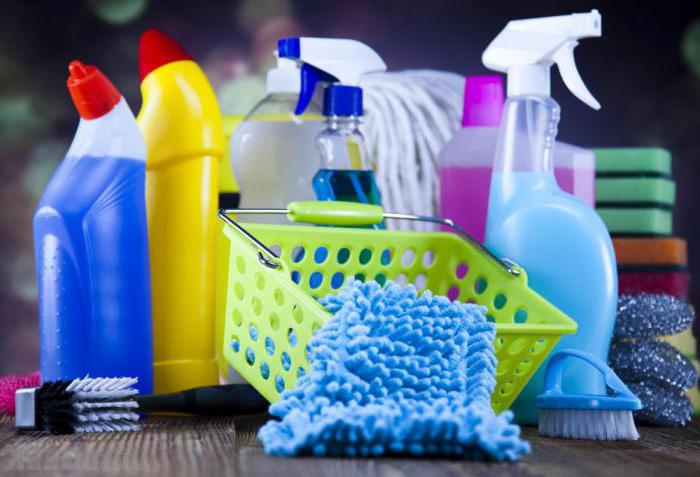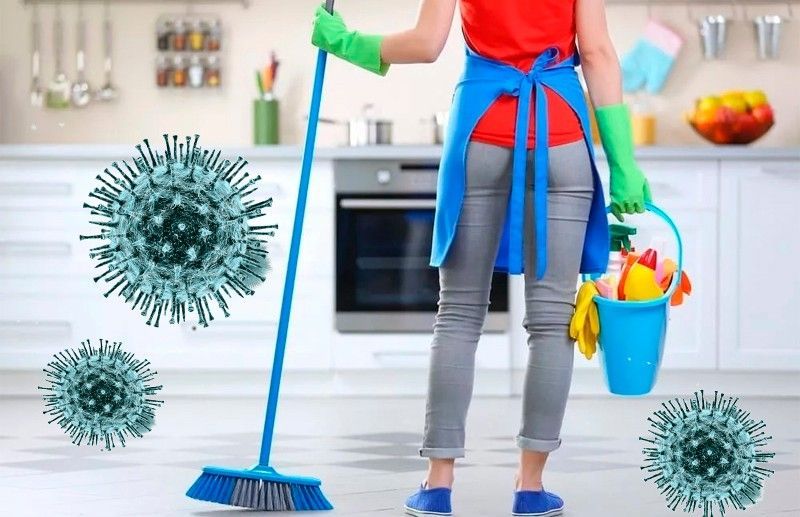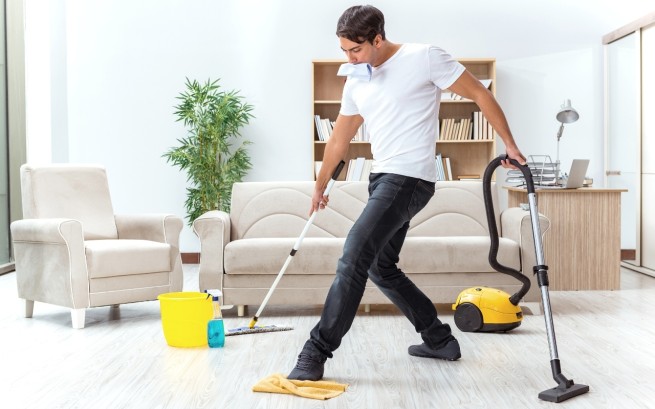Every living space has its own microbiome, and it directly affects us. So how can we keep it “healthy”?
In the house, a whole invisible world lives its own life and develops: the home microbiome. This complex little universe of bacteria, fungi, viruses and other microbes is found on every surface, even in the air we breathe.
Although The term “microbiome” has come into use quite recently and is quite easy to understand.b. “The microbiome is the collection of all the microbes in a particular environment,” explains microbiologist Erica Hartmann of Northwestern University.
Perhaps the term “gut microbes” (probiotics) is more familiar. But where there is life, there are microbes, or, more correctly, for life to exist, there must first be microbes. Every environment, even the International Space Station, has its own microbiome, and there is no one normal or typical microbiome for all homes. However, it is extremely important that friendly bacteria prevail over pathogenic ones.
Where do microorganisms come from indoors?
Most microorganisms in the interior of a living space are produced by people, pets, pests, etc. Also important is the condition of the air (how often do you ventilate), water, purchases, things brought into the house, as well as from microorganisms living, for example, in the kitchen sink and air conditioning Microorganisms circulate throughout the home as residents and pets move between rooms.

The regular cleaning products we use, as well as medications, create favorable conditions for the development and persistence of pathogens. This phenomenon is especially has been observed since the end of the pandemic because the overuse of cleaning products, coupled with isolation and our disconnection from nature, has upset the balance of every microbiome. Antimicrobial resistance affects human health by making treatments for some infectious diseases less effective.
How the microbiome can affect health
Every day we encounter microorganisms that can have neutral, adverse or beneficial effects on our health. This depends on many variables, such as the person's health status, immunity, country of residence, etc. For example, certain microorganisms or their waste products are associated with allergies or asthma. Much remains unknown about the direct and indirect links between people and the indoor microbiome. One thing is for sure: the more we strengthen our microbiome (internally and externally), the better we protect our health.
What is a “clean house”
Over the past decades The idea of cleanliness in Western society has changed. We want everything to be clinically clean, free of dust and bacteria.
This expectation is further reinforced by advertising – positioning antibacterial products as if they are necessary to fight dirt and bacteria. For example, people “wipe” their hands with disinfectants when entering public places and, touching door handles, thoroughly wipe the eating area of their baby, and sometimes the child himself, with disinfectant wipes. Today, the concept of clean means “clinically clean”: the absence of bacteria and dirt of any kind.

Is the concept of “clinical purity” healthy?
Cleanliness is definitely good for your health. However, without bacteria there is no life, because microorganisms are life. They colonize us, perform important functions inside and outside our bodies, as well as in the environment, nature. Without them, our food cannot grow in the fields, our bodies cannot survive. Without bacteria we would not have been created at all, and therefore we need them to survive. If we remove them from our environment, our health will suffer greatly. And this is already happening. The number of bacteria in the air has noticeably decreased. Just a few decades ago, the air was full of important bacteria that we inhaled and which even had a positive effect on our mood.
So our microbiome maintains its balance healthy and stable until we completely interfere with it, implementing measures to neutralize bacteria, intending to create a sterile living environment. And this is fundamentally wrong. Research in recent decades has shown that bacteria do not act so effectively alone, but in combination with other regenerative bacteria. It turned out that it is more effective to combine certain microorganisms (symbiosis) to achieve certain processes, and innovative products have already been created for this – household cleaners.

By using them, our home stays cleaner longer because new pathogens that may arise are neutralized by beneficial bacteria. When we use innovative home cleaning products, the microbial environment of our space changes, as well as our internal microbiome as we inhale beneficial bacteria.
In the article, we deliberately do not indicate the names of these cleaning products so as not to advertise them. However, you, now armed with knowledge, can find them yourself on the Internet and purchase them if you see fit.







More Stories
Vaccine to combat antibiotic resistance
Oral health: increased risk of cancer
Avian influenza virus found in cow's milk